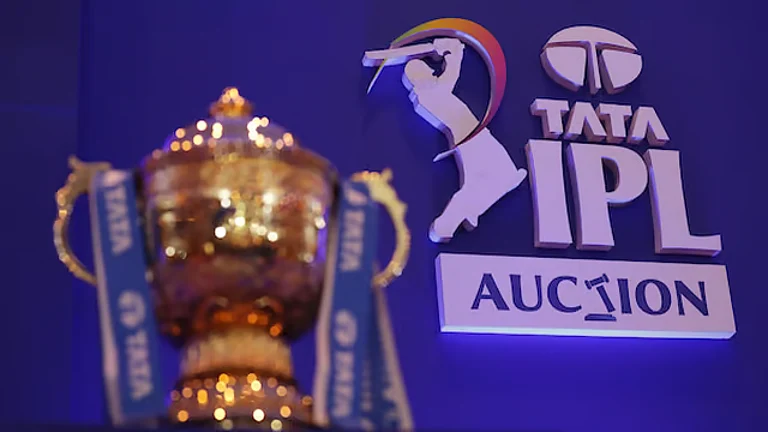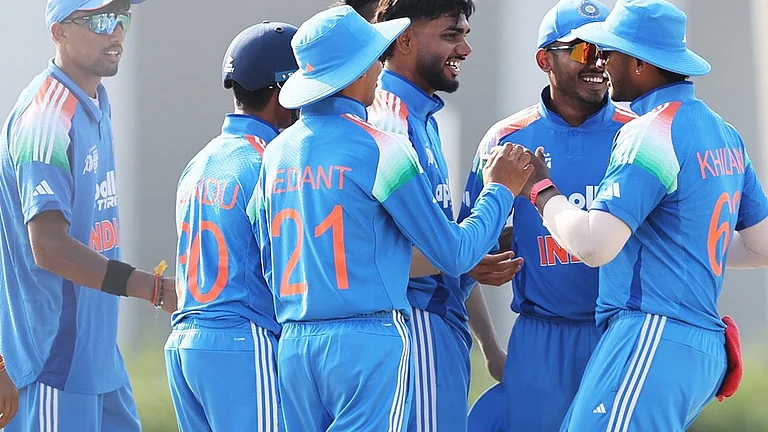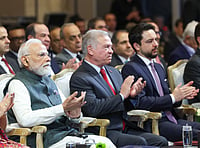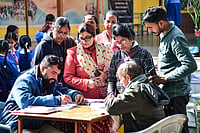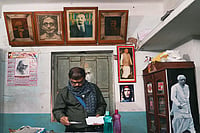Rekha Mody traces her preoccupation with the cares of the underprivileged to her mother’s influence. "She was a dynamic lady who received various awards for social andcultural activities and set up schools and colleges in India," recalls Rekha. Theinitiation was thus early, but it was only after Rekha married and shifted to Calcuttathat her work really blossomed. Here, along with three colleagues, Neeru Poddar, PrabhaKumar and Amrit Agarwal, she founded the Divya Chaya Trust in ’85 to create a supportline for orphaned and destitute children.
The trust, in collaboration with renowned institutes like Ramakrishna VivekanandaMission, Sulabh International, Cini-Asha, National Council of Women in India and theAll-Bengal Women’s Union Children’s Welfare Home, has today expanded tofar-flung areas of Bengal, Delhi and Uttar Pradesh. Divya Chaya is also working in tandemwith the UK charity Save-a-Child, where one of their first supporters, Louise Nicholson,is one of the trustees. While funds have largely come from corporate and individualefforts, Divya Chaya’s Save-a-Child project makes it possible to sponsor a child fromanywhere in the world. These children are placed at organisations like the RamakrishnaVivekananda Mission at Barrackpore or Delhi, or at the Child Care Home (Calcutta). Theyare provided a home, nutritious food, proper clothing, a decent education and, mostimportantly, love and security. The trust has also initiated the Kusum Sarovar programmein UP, under which a free school has been set up for children below the poverty line.It’s been high returns for a minimal investment: sponsoring a child costs just Rs400, and many of them have grown up as self-reliant adults, some are even successfulgraduates and professionals, and many now have families of their own and earn up to Rs8,000 a month.
With the conviction that children and women’s welfare are linked, Divya Chaya alsoassists in rehabilitating destitute women. In ’86, it built a village centre atRajarhat in West Bengal. Here, the women receive formal and vocational education, areeducated about their legal rights, and even taught banking and finance. A medical centreand hostel rooms have also been set up at the village, and qualified psychologists lookafter the women’s mental health. In addition, the women are helped to secure loans toset up their own business. Not content to rest on its laurels, the trust has also opened acraft centre at Sealdah—and a major portion of the women’s work is sold in theUK through Save-a-Child.
With this vast network, there obviously are many success stories. Sarifa Khatun, 21, asponsored child, finished her schooling and now works as a personal assistant. Aconfident, bright young lady, she now wants to do a computer course to improve herprofessional knowledge. Says Mohit Gorai, 21, who came from a poor Purulia family,"I’m grateful to Divya Chaya. The trust has helped me come a long way."Mohit, who’s now a homoeopath doctor, recently went to Gujarat to offer his servicesto the quake victims. "Divya Chaya has taught me to pass on kindness. I do my best tohelp those in need," he says with a smile.
But that’s not all. In November ’96, Rekha founded Stree Shakti—an institute supported by the Habiart Foundation, a charitable trust working for the promotion of contemporary art and traditional crafts.Stree Shakti has been actively networking with ngos and educational institutions throughout India. Quite simply, it seeks to highlight the achievements of eminent Indian women through the ages. To further its goals, it set up the Dayawati Modi Stree Shakti Samman in ’98. Usha Ganguly(theatre), Vidya Bal (activist-journalist) and Mangi Devi (from Jhopria village inRajasthan; a victim of domestic violence who fought back for her rights and now travelsfrom village to village to help deprived women), have been the proud recipients of theaward till now.
While sponsors or volunteers for Stree Shakti and Divya Chaya are always welcome, Rekhapoints out that, "Even if one can’t lend funds, one may help immensely byspending some time with the underprivileged. Unfortunately, there aren’t too many inIndia who come forward to help, and foreign nationals actually seem more eager to lend ahelping hand!" Stree Shakti or Divya Chaya can be contacted through Rekha Mody, 8AMiddleton Street, Calcutta 700071; fax: 2293895; e-mail:streeshakti@hotmail.com; phone: 2293886.








